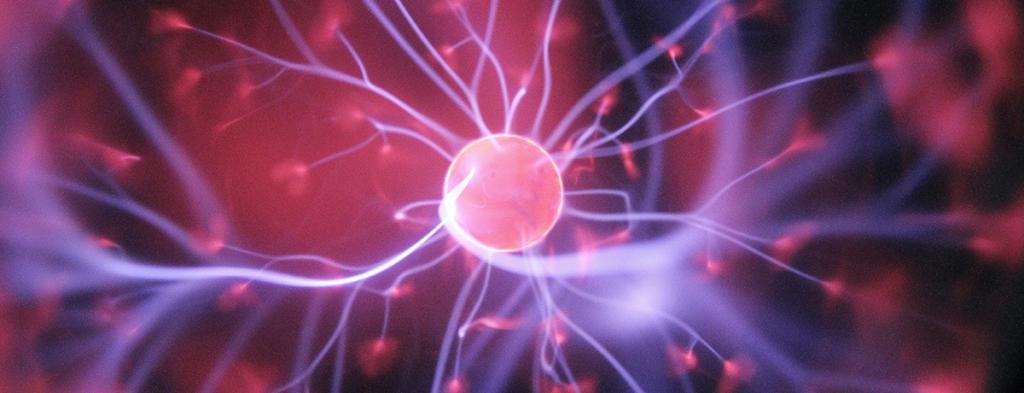Research Labs at the Center for Bioethics
Research is essential to the field of bioethics.
Research in bioethics has a long history at Harvard Medical School, going back at least to the 1960s and the work of Dr. Henry Beecher, an anesthesiologist at Massachusetts General Hospital and an early scholar of ethical issues in medicine.
The trials of the Nazi physicians at Nuremberg seemingly contrasted the atrocities of German medicine with the high ethical standards that existed in America. Beecher's 1966 paper on "Ethics and Clinical Research" disabused Americans of this pretense, providing an exposé of the egregiously unethical practices of many of his contemporaries in their conduct of research on human volunteers.
A few years later, Professor Allan Brandt, a former director of what is now the Center for Bioethics, helped expose the racist experiments performed by the US Public Health Service at Tuskegee on the effects of "untreated syphilis in the Negro male." These revelations motivated the appointment of a National Commission, chaired by Dr. Ken Ryan, professor at Harvard Medical School, which produced the Belmont Report – the foundational document in the United States on the ethics of human research. Today the Center seeks to reinforce these lessons through its relationship with the Center for Bioethics at Tuskegee University.
In the years since, HMS has been home to many of the leading scholars in bioethics, philosophy, anthropology, history, and social medicine, including Frances Kamm, Paul Farmer, Arthur Kleinman, Leon Eisenberg, David Jones, Norman Daniels, Dan Brock, and Dan Wikler.
In the field of bioethics, normative research goes hand-in-hand with empirical research. Often empirical research reveals ethical concerns, which are then rigorously explored and normatively analyzed with the tools of philosophy, law, and the social sciences. The lessons learned from this scholarship is then actualized through advocacy and policy development, and channeled through professional societies as well as governmental and non-profit organizations.
Today the faculty at the Center for Bioethics are engaged across the entire spectrum of research, advocacy, and health policy. Individual research portfolios can be found in the Catalyst profiles of our members. The Center has a special interest in the field of neuroethics and recently recruited an exceptional scholar in the field, professor Gabriel Lázaro-Muñoz. Through partnerships with the strong neuroscience faculty within HMS and across the University, him and his team are illuminating the profound ethical issues emerging in the rapidly developing neurosciences.
Research Labs
The Center currently houses the Lázaro-Muñoz Lab: Brain Bioethics Laboratory. The lab considers questions at the intersections of neuroscience, ethics, and the law.
